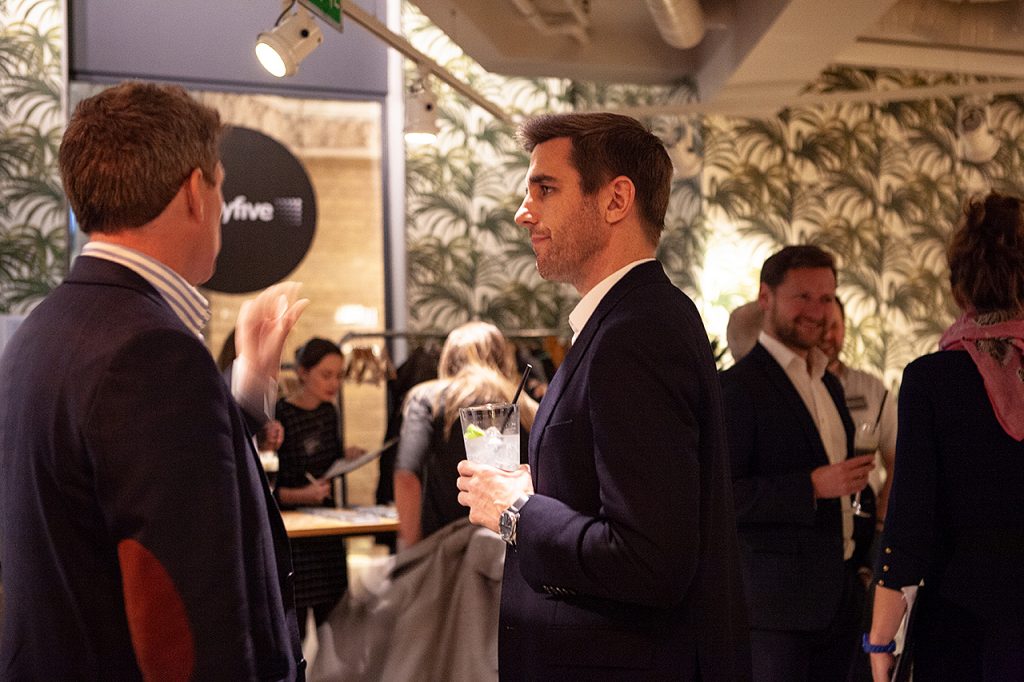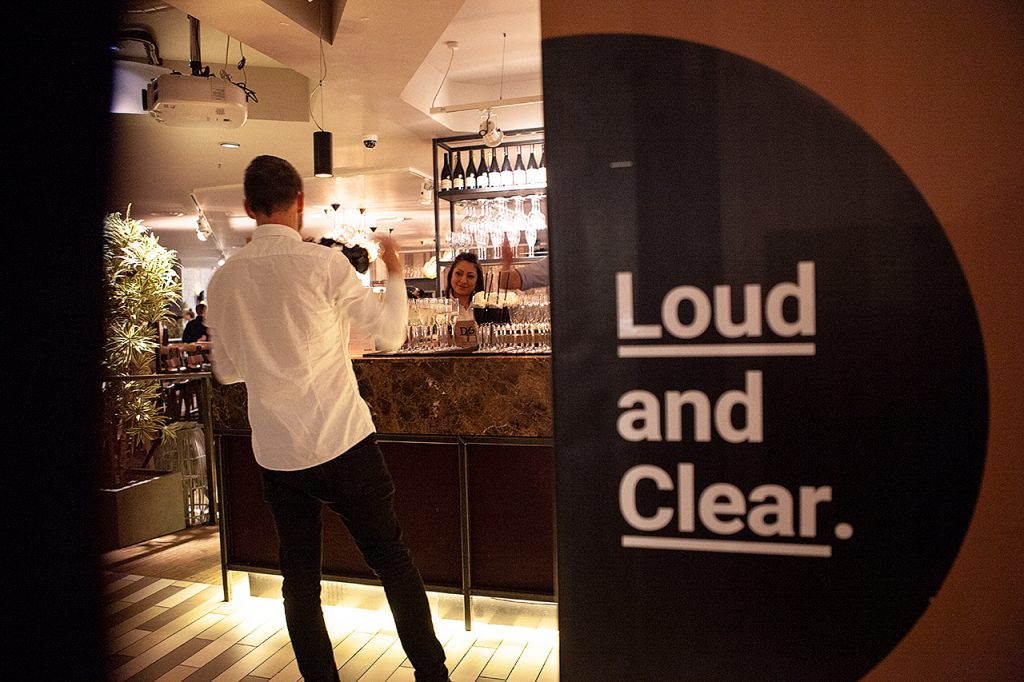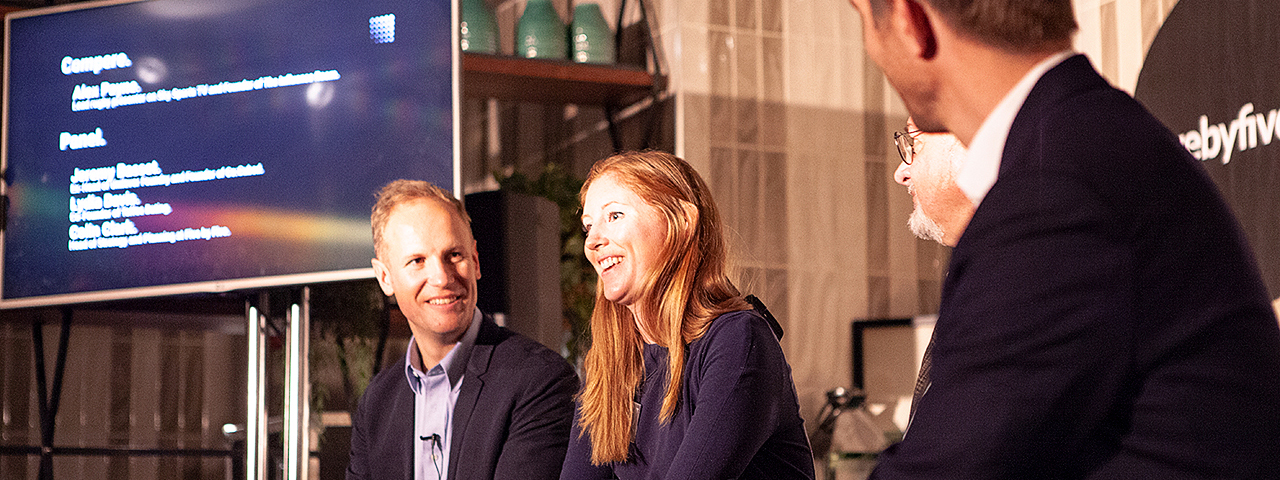Startup Marketing - Top 11 Lessons To Learn (Part 2).
Here is Part 2 (Part 1 can be found here) of the top 11 key learnings from the panel discussion hosted by Sky Sports TV presenter Alex Payne at our startup launch marketing-focused event that we recently ran in London.
Our panel:
- Jeremy Basset – ex-Head of Unilever Foundry and Founder of CO:CUBED
- Lydia Davis, Co-Founder of Toffee Dating
- Colin Clark, Head of Planning & Strategy of Five by Five

7. Local vs. global launch strategy (Colin).
“There are challenges, particularly from a planning perspective, between launching a product locally and globally. When you refer back to the audience and their problem that you are trying to solve (see point two), you must remember that your audience and problem can change in different marketplaces. An example being a contact lens manufacturer. The UK market is very different from the Nordics, completely different from Russia, where they buy contact lenses from vending machines, and even more different from the Iberian Peninsula. You have to understand the audience and their motivations within each marketplace to make sure your marketing communications answer their specific problems.”
8. Ability to change direction (Lydia).
“Money is our only constraint, so we could turn around and have a completely different strategy tomorrow if we felt that it was the right move. Being flexible allows for much more adaptability to the surrounding environment.”

9. Stopping replication (Colin).
“The way to stop competitors replicating what you do is through building up a reputation for excellent customer service. You can’t change the product but what you can change is the people. In the marketing communications industry, you’re buying people, not the product. By making sure your people are motivated, have a clear-cut mission and are always learning, you’ll ensure you stay ahead of the competition because the customer service will be emanating out.”
10. More risk-averse (Jeremy).
“A lot of the clichés around startups being risky are not necessarily true. The startups I work with are not the risk-hungry people they’re made out to be. In very many ways they’re much more calculated as they’re often playing with their own money. They have quite a methodical approach to ‘If I spend that, what do I get?’. In some ways, they’re far more risk-averse than some of the corporate incubators that are quite happy to throw a few million pounds at a problem to see what happens and hope for the best.”
“Startups are also not held back by all the internal regulation and red tape, which can really hold a brand back from taking a strong point of view and attracting a certain demographic or disenfranchising a whole bunch of people off to attract a very defined market. An example being that most corporates could never go down the bad press route for fear of the halo effect that it could have on the rest of their portfolio.”

11. Hitting critical mass (Lydia).
“We started by launching a static founding members app with no functionality that people could join initially. It was at this stage that we ramped up the PR to full throttle. The key was keeping the details vague as the app wasn’t live yet but ensuring there was enough to get people talking. We set ourselves a critical mass target of 3-5k members in 5-6 weeks. Only then would we move over to the £4.99 per month live app. It was crucial we didn’t move over until we had enough members. We achieved 7k in the first 4 weeks!
Even when we transferred everyone over to the live app, we lost a few but to those that got in touch saying that despite paying there weren’t enough people, we replied saying we would give them a month’s free subscription in order to retain them. Retention is absolutely key to keep that critical mass up.”
Image Credits
- Mark Hunter, Art Director of Five by Five
By Alexis Eyre

